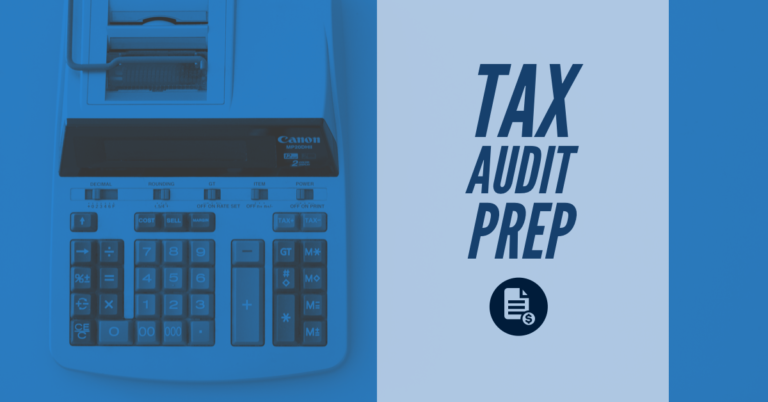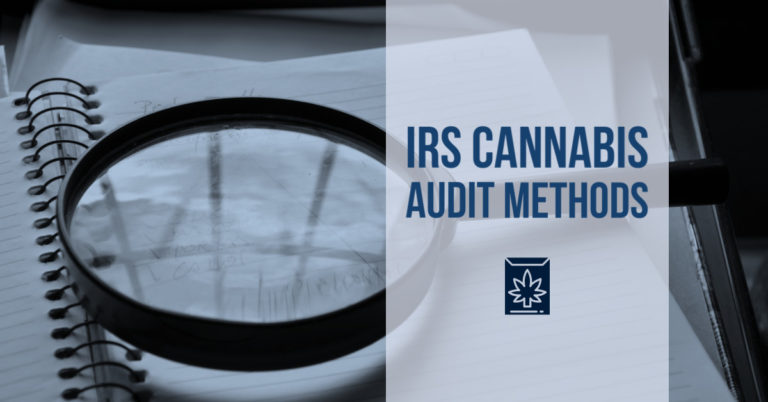Navigating the ever-expanding cannabis industry can be as exhilarating as it is challenging. Whether you’re just stepping into this world as a new licensee or are operating a microbusiness, understanding your financial landscape is crucial and can make the difference between thriving and merely surviving.
In this article, we’ll delve into risk management, accounting practices, business entity selection, banking options, and key performance indicators that every cannabis entrepreneur should be aware of.
Risk Management: The Bedrock of Success
Let’s get this straight: operating in the cannabis industry is inherently risky. The best way to approach any decision is to choose the path that minimizes risk. It’s not just about avoiding a run-in with the IRS, but about securing long-term growth by building trust with investors and partners as well as safeguarding the health of your business.
Setting Up for Success: Accounting and 280E
The IRS is clear with its 280E code: businesses involved in the trafficking of controlled substances can’t make typical deductions. However, you can offset your Cost of Goods Sold (COGS) against your gross income. Keeping meticulous records of expenses related to cultivation or product purchase is vital. Ensure that you’re adhering to Generally Accepted Accounting Principles (GAAP) when generating your monthly financial statements.
Choosing the Right Business Entity
The type of business structure you choose—whether a C Corp, Partnership, or another—will influence everything from taxation to liability. It’s crucial to consult with financial experts familiar with the nuances of the cannabis industry when making this choice.
Banking in the Cannabis Industry
With financial institutions slowly warming up to cannabis businesses, it’s crucial to pick a banking partner that aligns with your needs. Options vary based on your geographical location:
- St. Louis: MRV, Triad
- Kansas City: Blue Ridge, Bank 21
- Southwest: Regent Bank
- Illinois: Credit Union1
- Nationwide: Safe Harbor
If you require additional financial services like loans or lines of credit, Safe Harbor and Triad offer more normalized rates compared to other lenders.
Payment Options: A Closer Look
- Credit Cards: Easy but often disallowed
- Debit Cards: Legal but hard to track
- Cash: Universal but needs tight controls
- Vendor Accounts: Documented but requires setup
- ACH Transfers: Safe but setup-intensive
- Wire Transfers: Safe with recourse but has fees
- Paper Checks: Slow yet widely accepted
- LeafLink: Simplifies wholesale but vendor-limited
KPIs: Your Business Health Barometer
Tracking Key Performance Indicators (KPIs) can offer vital, real-time insights into your operations.
Here are some KPIs tailored for the cannabis industry:
- Inventory Turnover: Helps in assessing how quickly inventory is being sold.
- Inventory Days on Hand: Offers insights into how long it takes to sell your current inventory.
- Days in Accounts Receivable: Measures the efficiency of your collections.
- Days in Accounts Payable: Highlights how promptly you’re paying vendors.
- Payroll as Percentage of Sales: Gauges labor costs relative to revenue.
- Manufacturing Labor per Item: Helps in evaluating labor efficiency in production.
Pending Legislation: The SAFER Banking Act
Though not a complete solution, the potential passage of the Secure and Fair Enforcement Regulation Banking (SAFER) Act promises some financial normalization. The SAFER Act aims to protect banks that offer financial services to state-legal cannabis operations, although it may not entirely resolve payment processing issues.
The Road Ahead
While the financial intricacies of the cannabis industry are many, they are far from insurmountable. With careful planning, risk management, and the right financial strategies, cannabis business owners can indeed cultivate a path to sustainability and success.
For more in-depth guidance, my team at Smith Patrick CPA specializes in the unique financial needs of the cannabis industry and is available for consultation at every stage of your journey.
Here’s to your growth and success!
More Information
If you have questions, contact us to discuss your situation.
To check out our other articles on business topics, click here.

Sarah Bantz
Sarah Bantz, CPA, is a senior accountant in Smith Patrick’s growing cannabis accounting and business advisory division. Her experience includes: tax planning for cannabis-based businesses, 280(e) calculations, cannabis business payroll, cash flow management, internal controls and cash handling, and product inventory. The Smith Patrick CPA team helps marijuana industry clients make informed, strategic data-driven decisions, while also keeping their back office humming with updated and accurate financial data.
About Smith Patrick CPAs
Smith Patrick CPAs is a boutique, St. Louis-based, CPA firm dedicated to providing personal guidance on taxes, investment advice and financial service to forward-thinking businesses and financially active individuals. For over 30 years, our firm has focused on providing excellent service to business owners and high-net worth families across the country. Investment Advisory Services are offered through Wealth Management, LLC, a Registered Investment Advisor.





